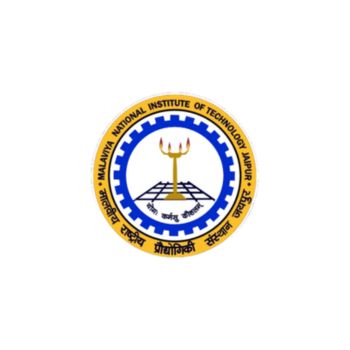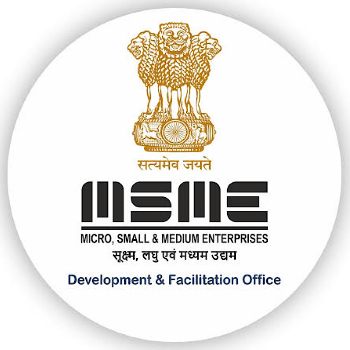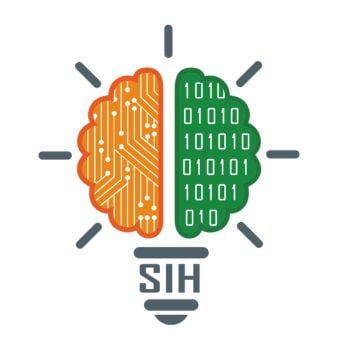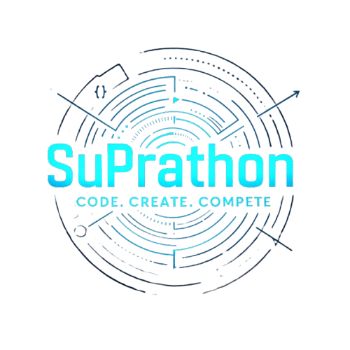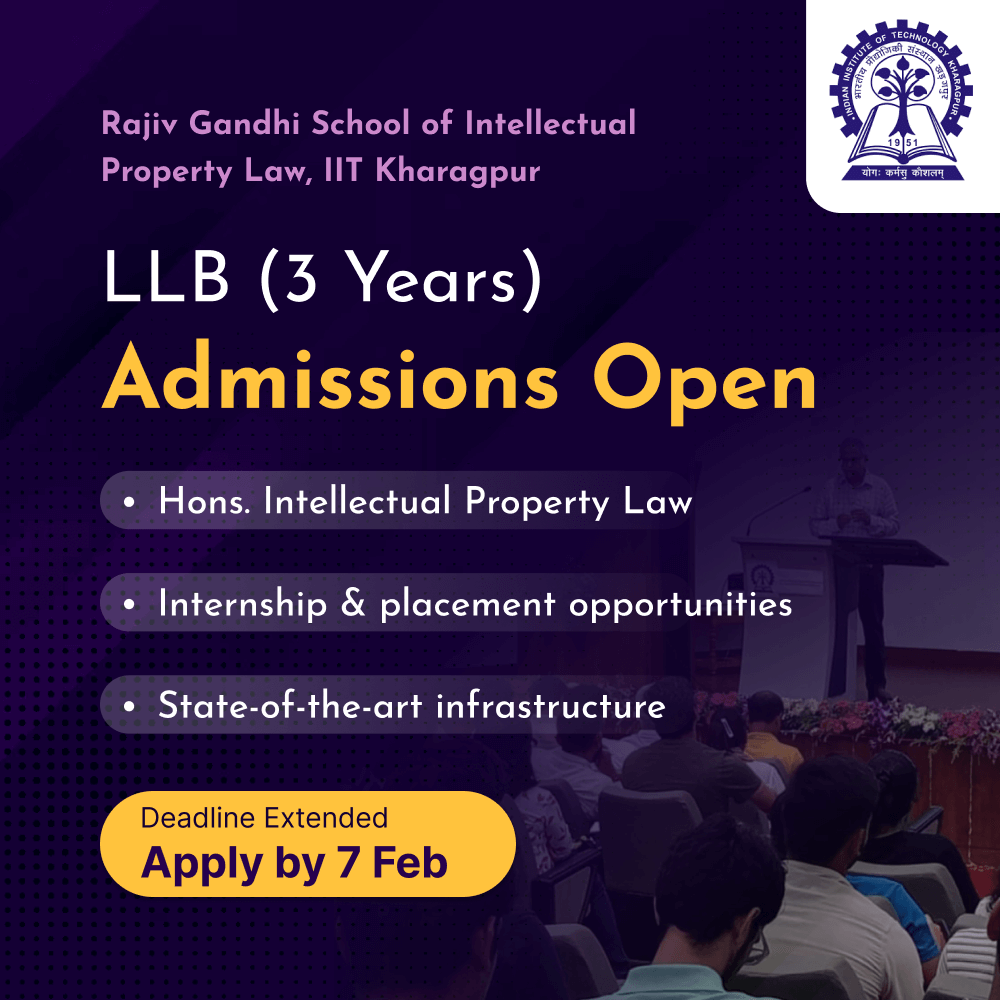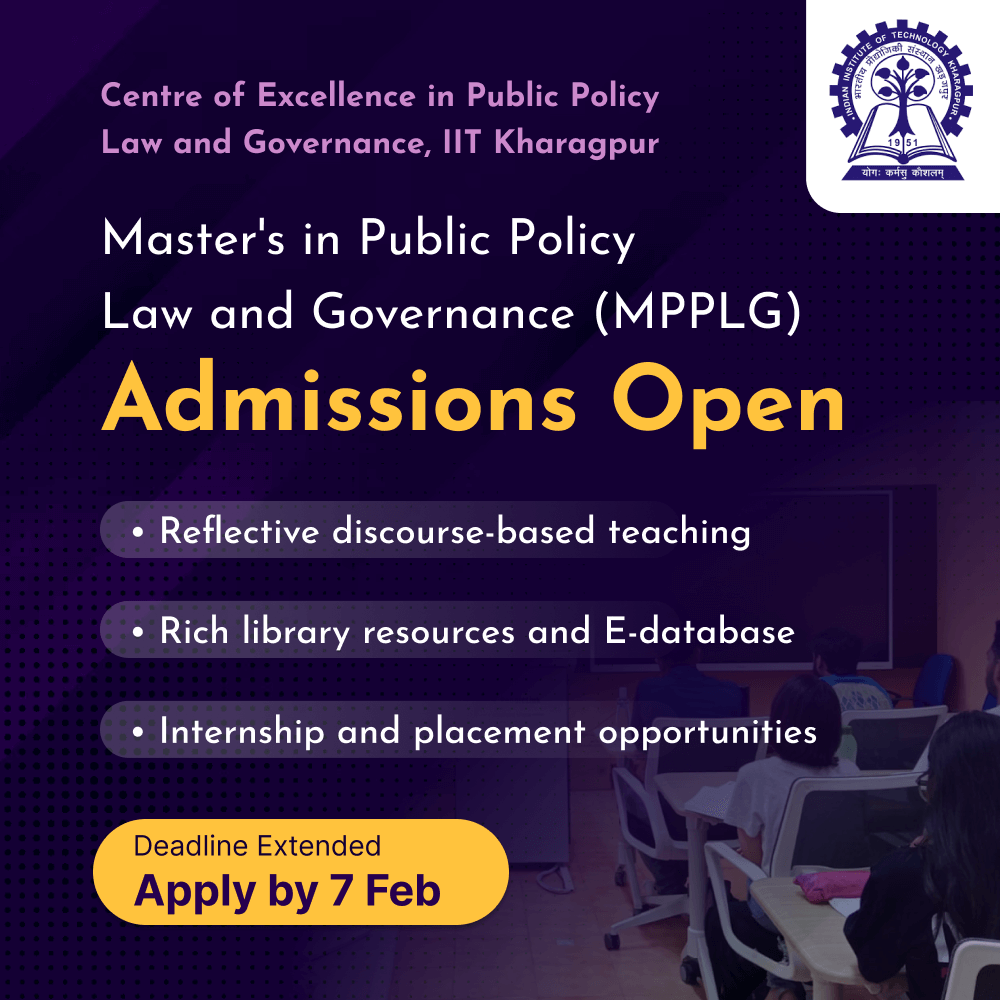Applications are invited for the Forensic Hackathon by The National Forensic Sciences University, New Delhi. The registration deadline is March 15, 2025!
About the Forensic Hackathon 2025
The National Forensic Sciences University (NFSU) is dedicated to advancing research, innovation, and education in forensic sciences and related disciplines. With a strong commitment to promoting indigenous technology and aligning with the vision of the ‘Make in India’ initiative, NFSU plays a crucial role in advancing cutting-edge research and development in forensic sciences.
By fostering innovation, the university connects various sectors to create solutions that meet India’s evolving needs in forensic science and technology.

Aligned with India’s growing stature as a global innovation hub, NFSU is excited to announce the Forensic Hackathon, scheduled for March 21, 2025. India boasts the third-largest startup ecosystem globally, with over 20,000 startups, 4,750 of which are technology-led. This status is further supported by key government initiatives like the Atal Innovation Mission, PM Research Fellowships, Start-up India Abhiyaan, Aatmanirbhar Bharat, and the SAMRIDHI scheme, positioning India at the forefront of innovation.
The Forensic Hackathon aims to drive positive change in crime investigation practices by encouraging competition and collaboration among stakeholders, including Central and State Forensic Science Laboratories, academic institutions, and industries involved in forensic tool analysis and manufacturing. By bringing together these diverse participants, the event seeks to foster innovative solutions that enhance the effectiveness of forensic science in addressing contemporary challenges faced by law enforcement agencies and improving the criminal justice system.
Objectives of the Forensic Hackathon
- To understand the real-time challenges faced by forensic experts and law enforcement agencies regarding new criminal laws and technological advancements in crime investigations.
- To develop next-generation methodologies and products that utilize advanced technology to improve crime investigation processes.
- To connect and create partnerships, identifying technology-driven companies and startups focused on developing advanced forensic tools and technologies.
- To inspire and engage students in a competitive environment, encouraging them to showcase innovative ideas and create practical, indigenous tools for criminal investigations that align with the latest technological trends and new legal requirements.
Major Themes
Forensic Biological Sciences
- On-the-spot identification of biological fluid sources (saliva, semen, urine, etc.).
- Exact age estimation of individuals.
- Development of kits for age estimation of biological fluids for forensic applications.
- Development of X-STR/Y-STR/Autosomal Kits indigenously.
- Portable DNA analysis devices.
- Cost-effective, reliable instruments for crime against women.
- Forensic microbial profiling for body fluid identification.
- DNA methylation analysis devices for individual identification.
- Identifying multiple individuals from mixed DNA samples.
- Metagenomic profiling for environmental forensics.
Forensic Chemical Sciences
- Detection methods for metabolites of drugs (including spurious drugs, date rape drugs, and poisons of forensic concern).
- Strategies for identifying arson residues and accelerants.
- Rapid tests for detecting explosive residues from explosive scenes, warfare, and terrorism activities.
- Novel methods for detecting adulterants and contaminants in medicines and food.
- Cyber-toxicology strategies for countering mass poisoning cases.
- Methods for detecting emerging poisons and contaminants from biological fluids or the environment.
- Kits for rapid identification of animal/plant poisons from the environment or biological fluids.
- Development of an Android-based mobile app for geographic origin identification of drugs of abuse based on reaction intermediates and adulterant residues.
Forensic Electronics
- Development of mobile phone event log analysis tools.
- Tools to identify the second-party IP address in WhatsApp calls using IPDR analysis.
- Tools for geo-identification of SIM cards in VoIP calls and messages.
- CCTV image enhancement tools using AI/ML technology.
- Tools for identifying deepfake images and videos.
- Capturing and retrieving data from rogue drones.
- Software for recovering overwritten or deleted files from CCTV/DVR/Hard Disk.
- Computerized methods for decrypting data from encrypted disk partitions.
Forensic Psychology
- Neuro-psycho-behavioral profiling of criminals and assessment of criminal behavior for future predictability.
- Police/Army psychology: Recruitment, stress management, and intervention strategies.
- Rehabilitation modules for juveniles.
- Prison psychology: Counseling, intervention, coping skills, and improving well-being for prisoners, jailors, and relatives.
- Psychological challenges in schools/colleges: Predicting violent behavior, suicidal tendencies, and bullying among students.
- Challenges for NGOs: Counseling and developing rehabilitative modules for victims of domestic violence, rape, child rights, child custody, and divorce cases.
The proposed forensic technologies should be indigenously developed and applicable to forensic science, with a focus on addressing the requirements of new criminal laws. Greater emphasis will be placed on technologies that provide advanced information not currently available. These cutting-edge, indigenously developed “Make in India” solutions will undergo thorough vetting to ensure their acceptance by leaders in the respective fields.
Who can Participate?
- Students from all over India.
- Professionals (Forensic Scientists, Technocrats, Police, Judiciary, Potential Entrepreneurs) based in India.
How to Apply?
Click here to apply!
Team Composition
- Maximum 2-3 members in a team.
- The team of ‘students’ should include at-least one currently enrolled student in an educational institution of India.
- The team of ‘professionals’ should include at-least one currently employed or associated person with any governmental or private organisation based in India.
- There can be a team comprised of both student(s) and professional(s) but one of them should be a currently enrolled student or a currently employed professional.
Registration Fee
Per team ₹ 1,000 /-
Registration Fees Includes
- Welcome kit.
- Free participation in all sessions, coffee breaks and working lunch during the conference event.
Important Dates
- Last Date for Registration: March 15, 2025
- Last Date for Submission of Proposal: March 10, 2025
- Acceptance of Proposal: March 12, 2025
- Presentation of Proposal: March 21, 2025
- Declaration of result: March 22, 2025
Funding
- Seed money to 1st Spot winner: Rs. 2,00,000 /-
- Seed money to 2nd Spot winner: Rs. 1,00,000 /-
Venue
Vigyan Bhawan, New Delhi
Contact
Email: aifsc@nfsu.ac.in
